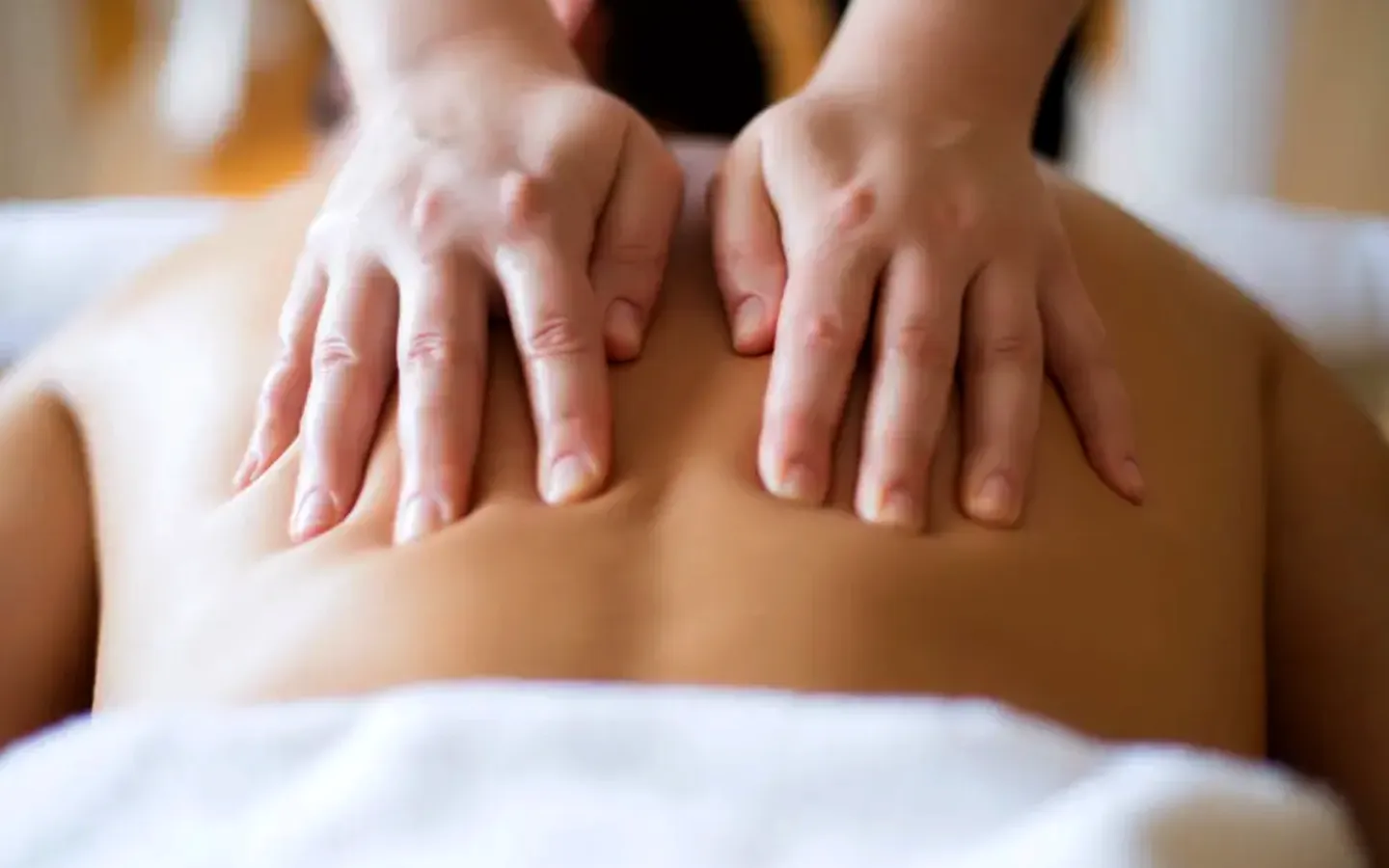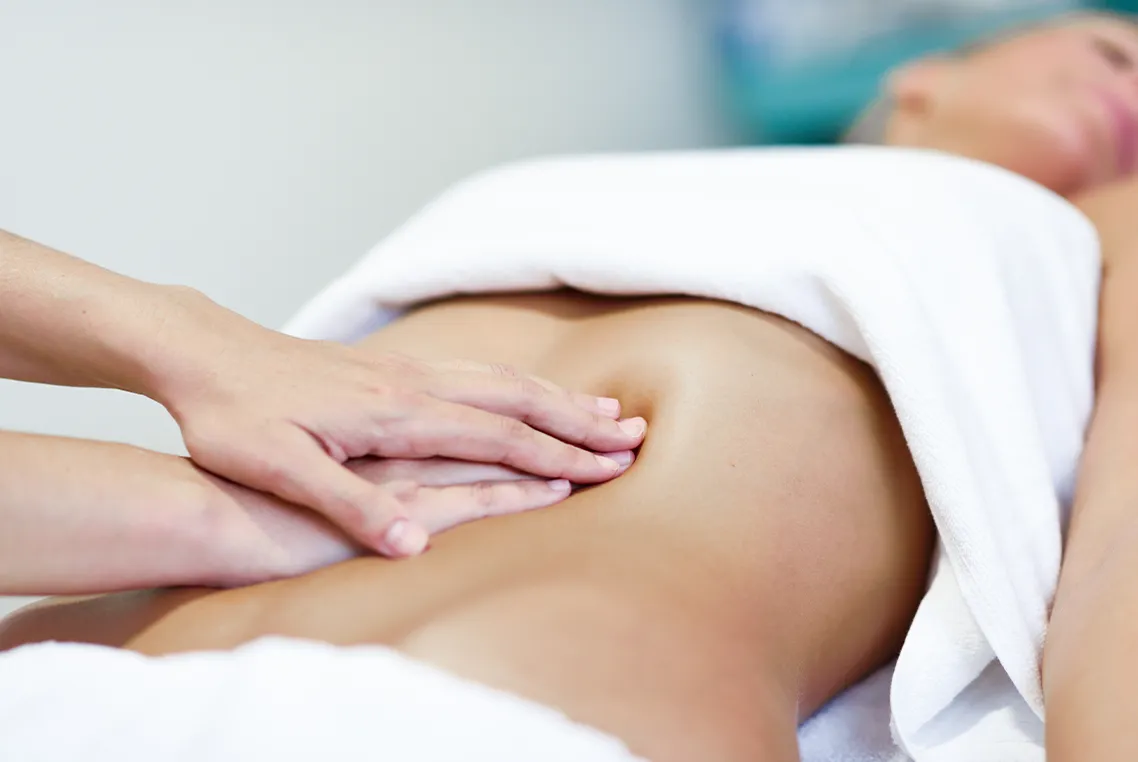
Dublin is an amazing city to live in, and it has plenty of opportunities for adults who want to learn new skills like providing relaxing and therapeutic massages. Becoming a professional massage therapist can be truly rewarding, especially if you have always been passionate about health and wellbeing. It is also an economically profitable job, with massage therapists in Dublin earning around €60.00 per session.
Given these benefits, it is not surprising why a growing number of people work part-time as massage therapists. Many of them eventually decide to make it their primary career.
So, if you are interested in becoming a massage therapist, know that there are different massage courses in Dublin to choose from. We know picking the right course can be confusing and overwhelming. But don’t worry because, in this article, we’ll discuss these different courses so you can choose the best one.
Dublin is home to several training centres that offer a wide range of massage courses. Some of the most sought-after courses are Holistic Massage, Neuromuscular Massage Therapy, and Sports Massage,
It is a programme designed to teach students how to give holistic and relaxing massages. You will learn various techniques as well as how to provide safe and effective massages to particular groups of people.
When you have a certificate in holistic massage therapy, you are eligible to work in spas, beauty centres, and fitness clubs. You will deal with clients from various age groups looking to relax and relieve stress.
An NMT course is designed to teach you how to provide therapeutic massages to people with pain, muscle tightness, and other issues associated with injury or acute and chronic pain.
Neuromuscular therapy is a type of massage that focuses on the nerves and muscles in the body. Neuromuscular therapists use their hands or various tools to apply pressure to the soft tissue, which will help release the compressed nerves and improve circulation.
The goal of the massage is to break the stress-tension-pain cycle to achieve pain relief and healing. This type of therapy can be used as part of an overall plan for pain management or as a stand-alone treatment.
In this course, you will be trained to provide massage to treat athletes or people who engage in physical activity regularly. You will learn about targeted massage treatments that can help athletes recover from injuries and prevent them from causing further damage.
The course will also teach you how to provide treatments that can help your clients avoid pain and injury as well as maintain healthy muscles and joints.
As a sports massage therapist, you will work with a wide range of clients, including both amateur and professional athletes. You may also work with people who are simply interested in improving their overall health by exercising regularly and increasing flexibility.
Most reputable training centres in Ireland do not offer massage courses delivered entirely online. This is understandable because certain lessons in the course are best delivered in a classroom setting where you get to observe. Moreover, a good programme includes hands-on training where students get to practice techniques under the supervision of an expert.
It should be noted, though, that reputable training centres recognise that students appreciate the convenience of online learning. This is why trusted institutions like the National Training Centre, Ireland’s top educator in health fitness and bodywork therapies, offer courses delivered via blended learning.
Blended learning is a teaching and learning method that combines online and offline elements, allowing students to learn in a more flexible way. Students may be required to complete certain portions of their programme online, while other parts are taught in actual classrooms or other venues.
For example, the NTC’s neuromuscular therapy course is delivered using blended learning. The lecture part of the programme is taught online, while the practical part is done face-to-face.
The schedule varies per training centre. There are full-time programmes which require students to attend classes several days per week. However, what most institutions offer are so-called part-time massage courses. In these programmes, classes are held once a week, typically in the evening or during the weekend.
Part-time courses are designed to be convenient schedule-wise for students. This is because many who enrol in the programme have full-time jobs or responsibilities they have to take care of.
Since classes are held once a week, the duration of part-time programmes is longer compared to full-time courses. This means it can take a while for you to earn your certification.
The fees vary per course and training centre.
Some training centres offer discounts and payment plans. Grants and funding may also be available, so inquire before you enrol.
Just a reminder – please do not choose a course just because it’s the cheapest. If you want to be a competent massage therapist, you need a high-quality programme – one that prepares you for the demands of the job.
It is important to consider what you want from your massage therapist training. Ask yourself what type of massage you want to offer. If you want to work with clients who suffer from chronic pain, then enrol in an NMT course. If you want to work with people who want a relaxing massage, then the best choice is a holistic massage course.
You should also consider where you want to work and the types of clients you want to have. Do you want to work in a spa or clinic? Or do you prefer to start your own practice and work independently? Do you want to work with athletes?
Once you have decided what type of massage you want to offer, it is crucial to find a course that meets your needs. You should look for one that offers practical training as well as theory. It is also important that the course allows you to practice massaging other people so that you can master the techniques.
In addition to this, you should consider the costs of the different courses. Some are more expensive than others. Some come with additional expenses like materials or equipment. It is important to consider these things before you enrol so that you know how much you will spend.
You should also check out the location of the course. Ideally, pick one that’s near you. If the classes are too far away, then it may be difficult for you to attend them regularly.
Lastly, the course you choose should be accredited by a reputable body. This will ensure that the course meets all legal requirements and is updated with current industry standards. It will also give you the confidence that your qualification is worth something and that it will help you get work in the field.
Being a massage therapist is a rewarding career. However, before you reap the rewards, you must earn your certification. This will entail time and money, but it will all be worth it, especially if you are passionate about helping people.
Do you want to become a massage therapist? We are the leading provider of holistic, neuromuscular therapy, and sports massage courses in Dublin. Learn more about our sought-after programmes! Call us today on 01 882 7777 or send us a message here!


ONSITE LESSONS
Practical classes take place either at NTC or SPORTSCO, Ringsend, Dublin 4
Saturday from 10:30am to 1pm and 2pm to 4:30pm
July 2025 – 26th♦
August 2025 – 9th, 16th, 23rd, 30th
September 2025 – 6th, 13th, 20th, 27th
October 2025 – 4th, 11th, 18th♦, 25th
November 2025 – 1st, 8th♦, 15th, 22nd, 29th, 30th
December 2025 – 6th & 7th
Examinations and/or class will start at 9:30am on dates indicated with ♦
ONLINE LESSONS
Tuesday and Thursday Evenings from 7pm to 9pm
(Recordings available afterwards)
July 2025 – 29th, 31st
August 2025 – 5th, 7th, 12th, 14th, 19th, 21st, 26th, 28th
September 2025 – 2nd, 4th, 9th, 11th, 16th, 18th, 23rd, 25th, 30th
October 2025 – 2nd, 7th, 9th, 14th, 16th, 21st, 23rd
OPTIONAL FREE COURSE
National Qualification in Kettlebell Training
November 2nd, 2025 – Sunday from 10:00-17:00